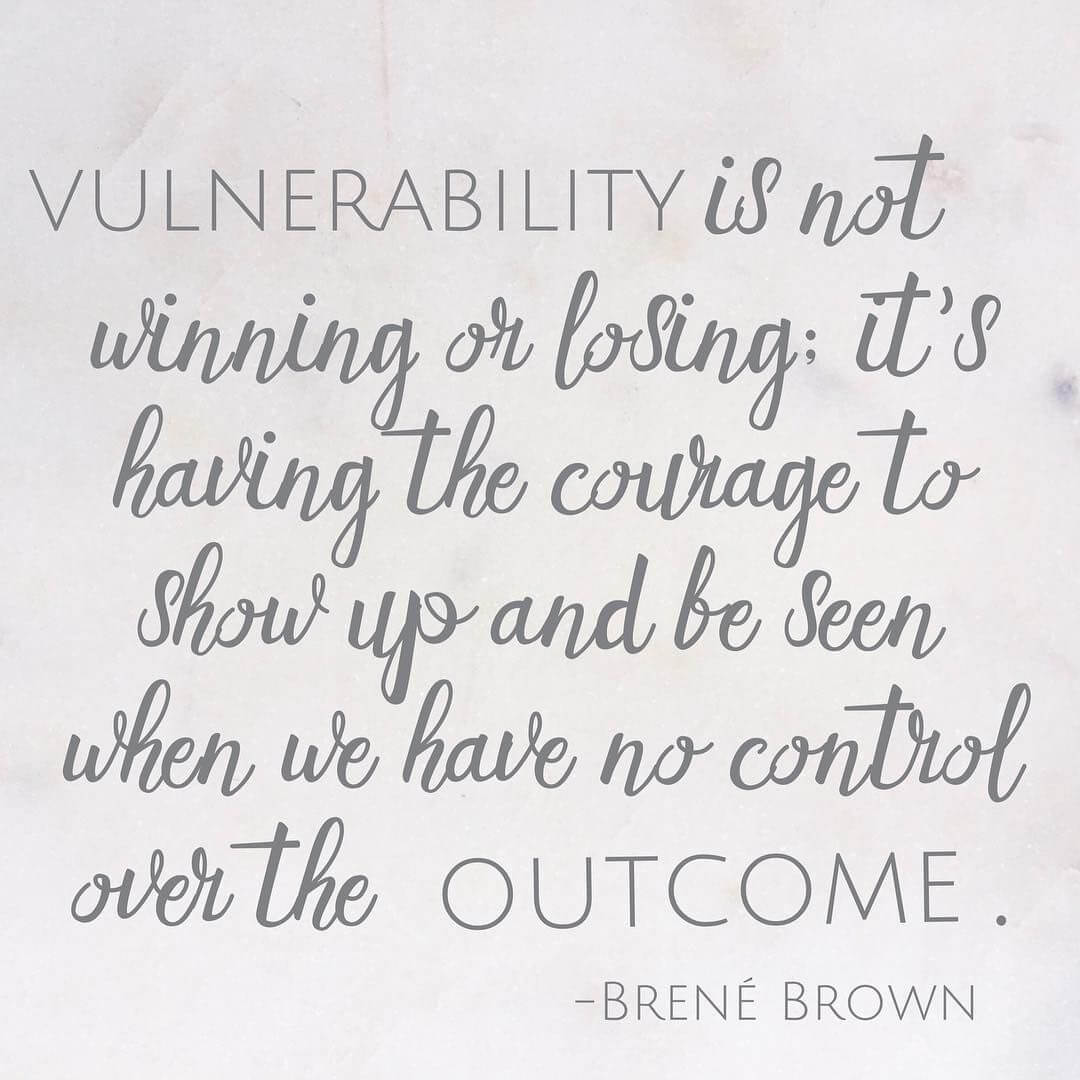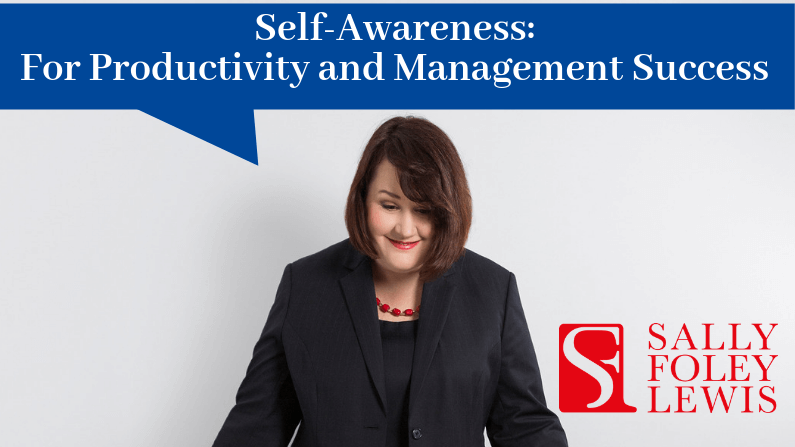How important is self-awareness for being productive and being a good manager?
When you think of all the managers – bosses – you’ve worked for, and with, over the years, how much self-awareness do you think they possessed – or were they just possessed?
Self-awareness gives you the power to:
- adapt to unexpected situations,
- stretch your communication style to improve relationships,
- influence when you have the right idea to push forward, and
- build and maintain a high performing team.
With greater self-awareness, you’re positioned to have maturity, integrity and an ability to connect with others that those who lack self-awareness will just not have. Those who lack a certain level of self-awareness may be able to dazzle others and draw them in with some charisma, however it is short-lived if they lack emotional intelligence, confidence in decision making, resilience in times of change. When the environment changes the result is a lack of self-awareness means the manager hasn’t built the right skills to be able to adapt and respond with considered decisions, nor cope calmly, and they potentially leave their team cringing in their wake.
When challenges arise and you’re thrown into a crisis, this is an opportunity to learn about yourself. Handle the crisis first and fast, then reflect on what it taught you about yourself. This is where a mentor or trusted colleague can be helpful. One of the biggest challenges to implement learning from these opportunities – those ‘a-ha’ moments or insights – is the perceived threat to your power if the team see you as vulnerable. Many managers I’ve worked with have shared their concerns with language such as:
“I don’t have the time to reflect.”
“The team know what to expect from me now.”
“Who’s got time for that fluffy stuff.”
… yet what seems to drive these words, i.e. their feelings, have been:
What if the team think I’m weak?
The team will see a different me, they might see this as an admission I have not been a good manager.
If I start changing my style now, I’ll lose their respect.
The reality is the change for the better will be welcomed by staff, and maybe also peers and senior leaders. Some may be delightfully surprised, others will be sceptical for a little while, and others may not even notice. When anyone makes a discovery about themselves that behaving in one way has not helped improve a situation and they see value in shifting their behaviour the actual shift is positive all round. With self-awareness comes self-confidence, and with self-confidence comes an ability to embrace change.
Brene Brown’s research is essential for productive leaders who want to be successful.

Take the annual performance review:
The annual review of your performance is not the only time to reflect and make changes. Consider building in reflection time into areas of your role, such as:
- after projects are completed.
- when you’ve completed a round of performance reviews for your staff.
- after you’ve given a presentation to senior leaders.
- once you’ve handled an urgent matter or a crisis.
If reflection is left as a once a year, 5 minute token activity at your review, and only then, that would make personal, and hence professional, growth very slow. No one can afford to wait for you to improve in small annual increments!
Let me know what you think…
A great resource managers use to help speed up and deepen the quality of reflection and self-awareness is through using a set of Management Success Cards.




